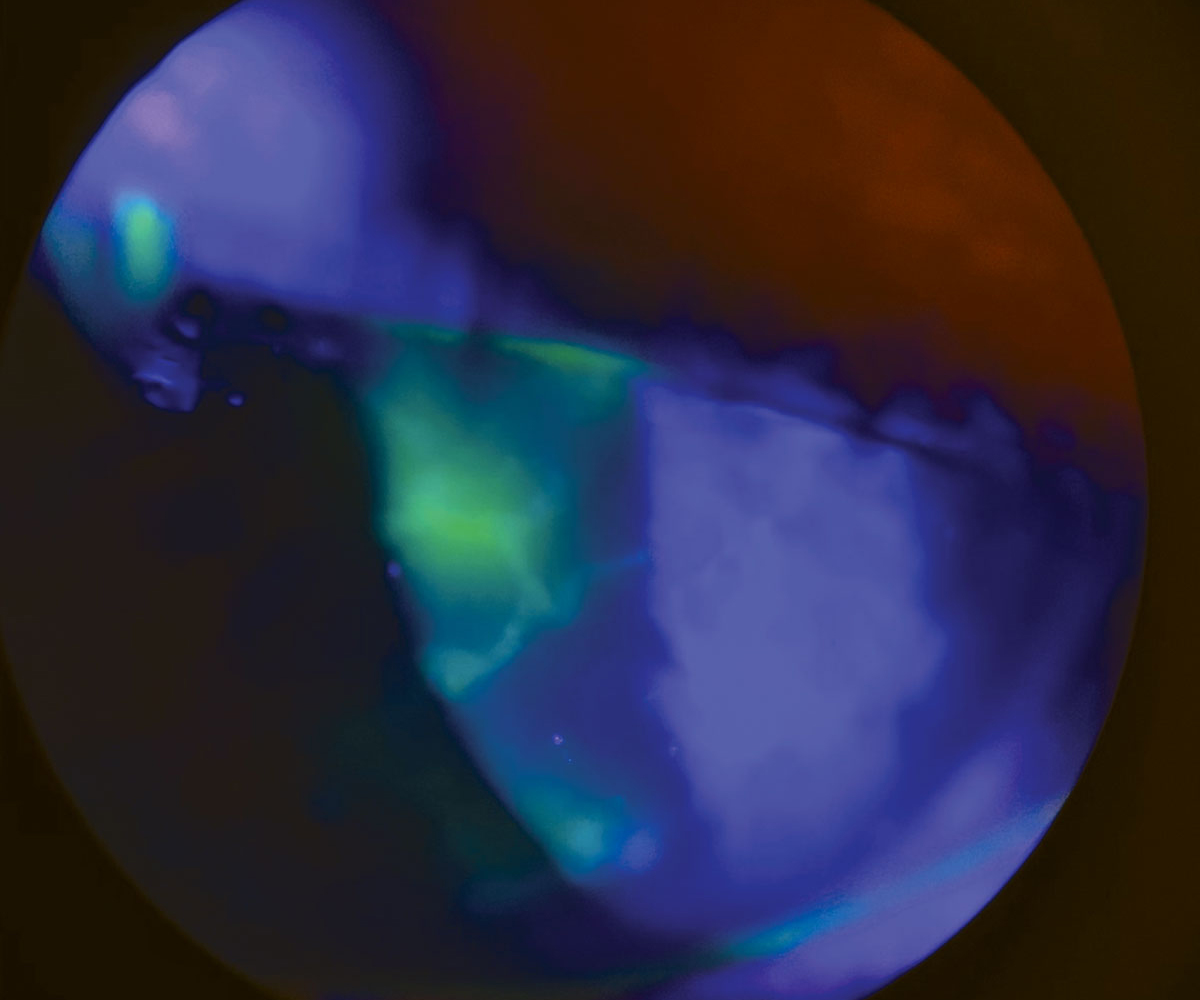 |
| This ocular bacterium researchers are developing is able to produce and secrete functional murine IL-10, regulating T-cell responses and reducing inflammation in HSK patients. Photo: Alexander Martinez, OD. |
Tomorrow at the ARVO 2022 annual meeting in Denver, authors of a recent study will present their findings on a cytokine-producing ocular bacterium that could one day be used to limit the effects of herpes stromal keratitis (HSK). This vision-threatening disease caused by herpes simplex virus-1 infection can lead to inflammation in nearly every tissue in the eye, and most of the damage is endured by the ocular surface.
The prospective therapeutic was evaluated by a team of researchers at the University of Pittsburgh School of Medicine. They hypothesized, “Delivering IL-10 using a genetically modified ocular commensal, Corynebacterium mastitidis (C. mast), will reduce immunopathology associated with HSK.”
The investigation concluded with promising results. The research team found that the genetically engineered bacteria were able to produce and secrete functional murine IL-10. They explained, “IL-10 from C. mast regulates T-cell responses by suppressing proliferation and IFN-γ production. Conversely, IL-10 from C. mast does not affect IL-17, which prevents C. mast from becoming a pathobiont.” Therefore, this ocular therapeutic appeared to successfully reduce HSK in vivo.
As these results show, there is progress being made in the research and development of treatment options for patients suffering from HSK and potentially other infections affecting the anterior segment. The team concluded, “This study illustrates the first steps in engineering an ocular bacterium that can control excessive inflammation at the ocular surface.”
Shane J, Rigas Y, Shanks R, St. Leger A. Prob-eye-otics: cytokine producing therapeutic ocular commensals. ARVO 2022 annual meeting. |


